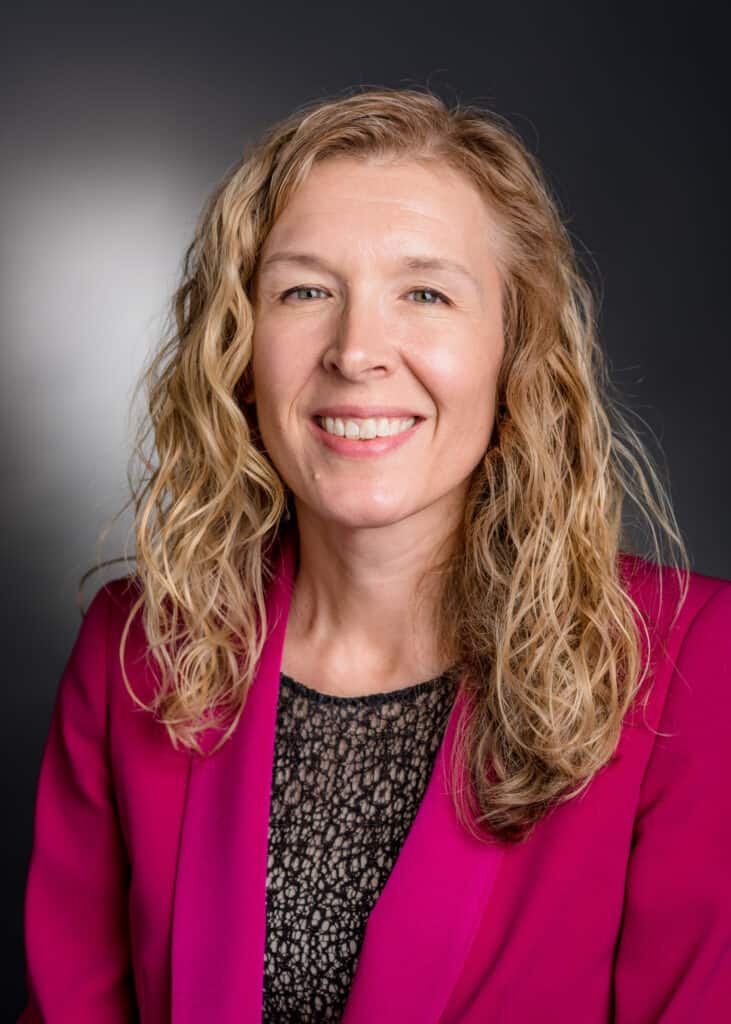The connection between diet and breast cancer risk has been studied extensively over the past 20 years. According to the American Cancer Society, improved lifestyle habits, including a healthier diet may reduce the risk of many cancers, including breast cancer. As everyday consumers, we know a healthy diet can improve our overall physical fitness, as well as our energy levels and mental stamina, but can it also help reduce our breast cancer risk?
While research to date has not shown a strong connection between dietary factors and breast cancer risk, diet plays a major role in determining body weight. Diets high in fat, processed foods, and added sugars contribute to obesity, which has been shown to be a risk factor for breast cancer, especially in women after menopause. Emerging research also shows that women with obesity who undergo bariatric surgery have a much lower risk of breast cancer than women with obesity who do not undergo bariatric surgery, strengthening the evidence that obesity may be a risk factor for breast cancer that can be modified thought weight loss.
However, while there is a clear connection between obesity and breast cancer risk, the link between diet and breast cancer risk is more complex, and multiple factors are still under study.
“There has been a lot of research looking at food intake and breast cancer risk, but most of the evidence does not point to a strong link between any particular food and breast cancer risk,” says Komen Scholar Jennifer Ligibel, M.D., of Dana-Farber Cancer Institute.

Dr. Ligibel has a Komen research grant to investigate the impact of body weight and physical activity on breast cancer risk and outcomes. In addition to her current research, she is also director of an Integrative Oncology center at Dana-Farber that provides a Healthy Living Program to patients, including nutrition seminars, exercise classes, and weight management programs.
Foods That May Impact Your Risk
“One of the most frequent questions I get asked is does sugar feed cancer?” Dr. Ligibel says. “There really is no nutritional value in sugar. The reality is that diets that are higher in sugar lead to weight gain. However, the concept that sugar leads to cancer growth is too simplistic. The reality is that your body breaks down nutrients into energy that feeds all of your body’s cells.”
While low-fat diets have been a standard part of weight loss strategies for many years, people who are trying to lose weight or maintain a healthy weight are now shifting more to low-carbohydrate and low-glycemic index diets and embracing some fats as healthier options. However, Dr. Ligibel advises her patients against completely avoiding certain types of food completely, including sugar.
“Eating healthfully is about balance and moderation. If people feel like they are being deprived of things that they enjoy, they are less likely to stick to a healthy eating pattern over the long-term.” Dr. Ligibel says. “Additionally, when a woman is diagnosed with breast cancer, she often tries to figure out why this happened, and can end up feeling guilty about things she did or did not do. Guilt usually does not help people make healthy lifestyle choices in a sustainable way. I try to encourage women to think of a healthy diet as something that they can do to help themselves feel better, but not as something that they need to adhere to so tightly that they feel guilty about having a piece of cake at their child’s birthday party.”
Adding Foods Instead of Subtracting
A healthy diet filled with lots of fruits and vegetables may be linked to a decreased risk of breast cancer. Certain vegetables and fruits provide a rich supply of vitamins, minerals and fiber. Because they are low in calories and high in fiber and water content, they may also help lower a person’s overall caloric intake and reduce their risk of obesity.
With a diet that consists of more fruits and vegetables, many people find themselves consuming less unhealthy foods. Instead of focusing on restricting certain foods, Dr. Ligibel encourages her patients to add more nutritious foods to their meal plans.
“Start with ensuring you’re eating fruits and vegetables,” she says. “If you don’t have the resources to buy fresh, frozen often have the same nutrient content, but try to ensure you’re eating a variety of different fruits and vegetables every day.”
Legumes such as pinto beans and black beans are nutrient-rich and provide a good source of protein, while high-fiber foods like whole grains can help people maintain a healthy weight.
Many dietary factors are under study as researchers continue to learn more about which foods may contribute to breast cancer risk. For now, Dr. Ligibel recommends following general nutritional guidelines to make sure more nutrients come from whole foods than processed foods.
“Make sure you are eating enough servings of fruits and vegetables, get your protein from lean meats or from vegetable sources, and limit sweets, fried foods and processed foods. I think that’s really the best information we have right now.”



